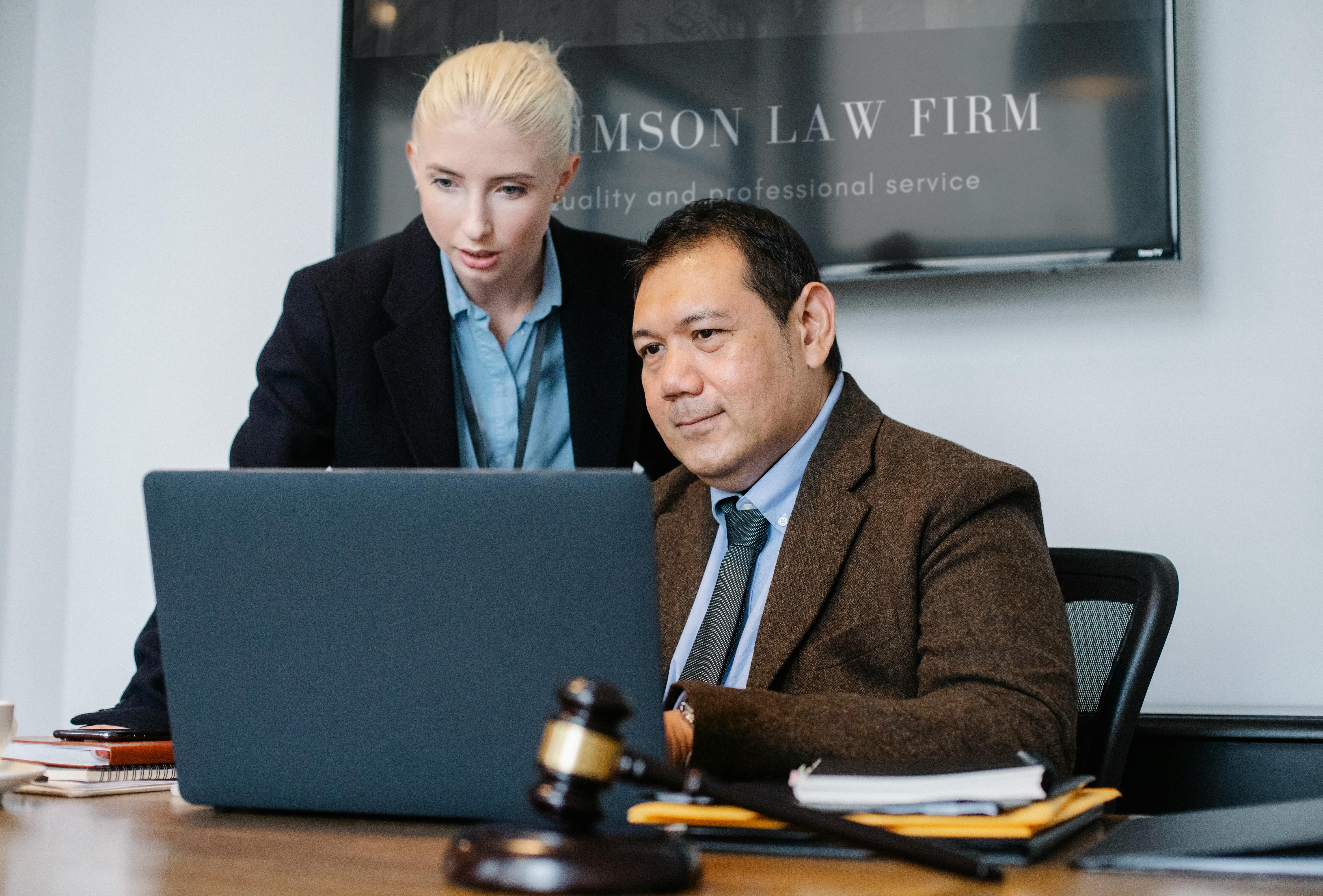Questions to ask your lawyer at the first meeting
Question One: How many employment law cases have you attempted to complete?
Question Two: What systems do you have to handle my case?
Question Three: How active are you in professional organizations?
These are difficult questions perhaps, but with a little preface to the questions, they will seem perfectly reasonable: “I am a layman. I am trying to select the most qualified and trustworthy attorney. May I ask you several questions about your background?”
Good lawyers will answer your questions with kindness and generosity. If you do not get that reception, it is best to find another employment law professional. But there are also three questions you may find helpful to ask yourself after your meeting with your attorney candidate:
Question 1: Did I feel a positive and trust-inspiring connection with this person?
Question 2: Did I feel that I was heard and that he or she got the essential points?
Question 3: Did I leave feeling like I understood the big picture of what this attorney would do for me, how, and when?
You don’t have to like your attorney to get good results, but it will make the process easier because you’ll be working as a team. This “team” approach to the case is especially true in contingency cases where you and the attorney each have a percentage share in the outcome. A good attorney will want that team spirit and connection just as much as you do. Here are three questions to ask yourself and your attorney before moving forward:
Question 1: Do we communicate clearly and efficiently with each other?
Question 2: Can we laugh and relax even while discussing difficult legal issues?
Question 3: Do we exchange ideas and views on the case freely?
These “team” based responses will give you a preview of how you and your lawyer will respond when there is an unexpected negative turn in the case (and there always is). For example, what if the other attorney uses intimidation tactics or a particular piece of evidence is excluded, or a critical motion is denied, or perhaps a cooperating witness goes missing or changes their anticipated testimony? They must work together at such times to develop new approaches in the heat of the moment.
Here are 3 final questions, perhaps questions at the highest level of assessment:
Question 1: Can my lawyer tell the emotional story of my case?
Question 2: Is my lawyer able to connect well with other people, especially people who are likely to serve on a jury or be a judge in my case?
Question 3: Is my lawyer creative and looking for tactics and approaches that may seem unusual, but give us an advantage against the opposition?
There are no perfect attorneys, just like you won’t be the perfect client with the perfect case. Your goal is to find the best imperfect lawyer you can and be able to work with both the strengths and weaknesses of him or her and her particular case.
